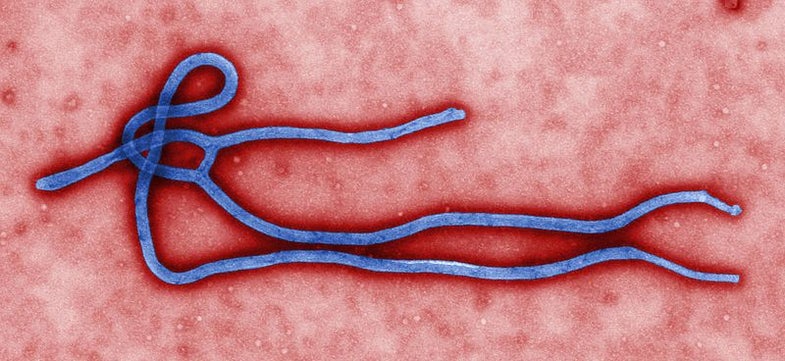We now have the technology to develop vaccines that spread themselves
Abstract
Science
An evidence-based norm collectively established and reinforced through the work of generations of virologists is that laboratory modifications of self-spreading viruses are genetically too unstable to be used safely and predictably outside contained facilities. That norm now seems to be challenged. A range of transformational self-spreading applications have been put forward in recent years. In agriculture, for example, self-spreading viruses have been proposed as insecticides, or as vectors to modify planted crops. In health care, self-spreading viruses have been promoted as vaccines (1, 2). Yet, glossed over by these proposals is that the self-spreading dynamics of a virus repeatedly passing from host-to-host (passaging) give it substantial potential to alter its biological properties once released into the environment (see the box). We explore the consequences of this apparent norm erosion in the context of recent proposals to develop self-spreading genetically modified viruses, in wildlife management and in self-spreading vaccines.
Self-Spreading Vaccine Research Could Spin Out of Control, Experts Warn
Bill Gates-Linked Lab Developing Vaccine That Spreads Like a Virus To Vaccinate Anti-Vaxxers


Leave a Reply